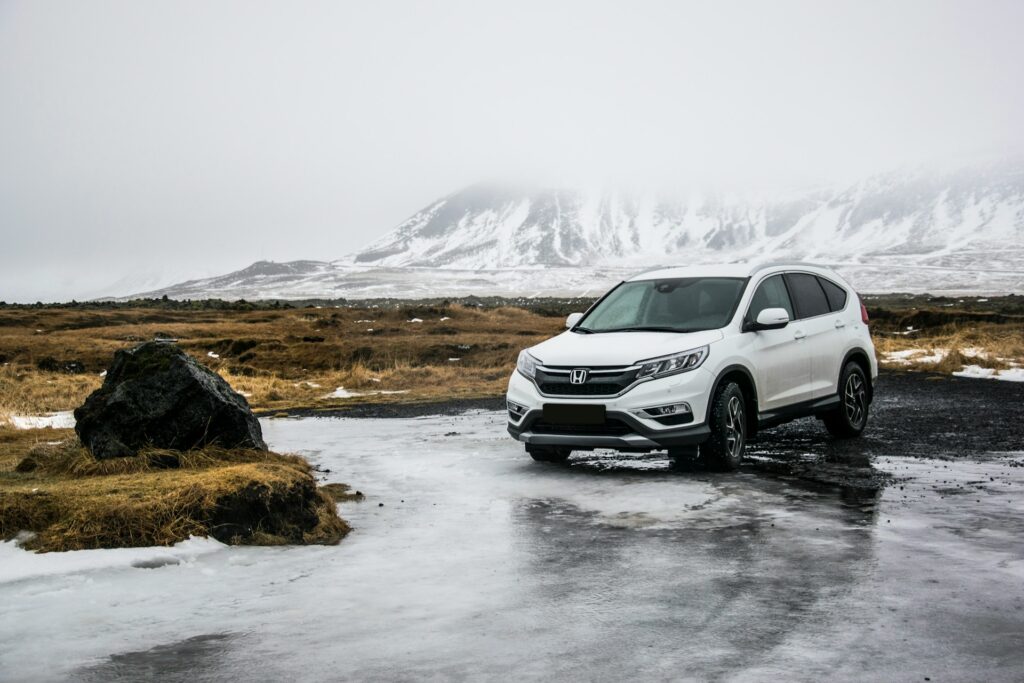Whether you’re planning a cross-country adventure or simply commuting to work, vehicle breakdowns can occur at the most inopportune moments – typically just as you’re running late for that all-important meeting or when you’re dressed in your Sunday best. Being properly prepared can transform these Murphy’s Law moments from potential disasters into mere inconveniences. Here’s how to ensure you’re always ready for whatever the road throws at you.
Regular Vehicle Maintenance
Let’s start with the obvious – prevention is better than cure, especially when that cure involves standing in the rain beside a motorway. Schedule regular servicing with a qualified mechanic who can inspect crucial components such as belts, hoses and wipers. Before any significant journey, give your vehicle a thorough once-over. Think of it as a quick health check-up that could save you from an automotive emergency down the line.

Comprehensive Breakdown Cover
Think of breakdown cover as your get-out-of-jail-free card. Many insurers offer this as part of their motor insurance packages, though standalone policies often prove more cost-effective. Look for coverage that includes both roadside assistance and breakdown recovery to a nearby garage. Those extra features like home start and onward travel assistance? They’re worth their weight in gold when you’re stranded miles from home.
Essential Emergency Kit
Every vehicle should carry a carefully curated emergency kit in the boot – consider it your roadside survival pack. Start with the basics: a fully charged mobile phone and portable power bank (because that pesky Murphy’s Law also dictates your phone will be at 1% battery when you break down). Safety equipment is equally crucial – pack a warning triangle to place 45 metres behind your vehicle, along with a high-visibility jacket for night-time breakdowns and a reliable torch with spare batteries.
For mechanical issues, ensure you have jump leads or a jump start power pack, along with a basic toolkit for minor repairs. Keep a spare tyre, jack, and wheel nut wrench, as flat tyres have an uncanny knack for occurring at the worst possible moments. Essential fluids such as windscreen washer fluid and engine oil should also be readily available.
Read: 5 indispensable items to carry in your car in case of emergency

Fundamental Vehicle Knowledge
While professional help is often preferable, understanding basic vehicle maintenance can prove invaluable. You don’t need to become a certified mechanic, but knowing how to change a tyre safely and perform a jump start might just save your day. Familiarise yourself with checking oil levels and identifying common warning lights on your dashboard – think of it as learning your car’s language.
Smart Technology Solutions
Welcome to the 21st century, where your smartphone can be your breakdown buddy. Download your breakdown service’s official app – most now offer GPS tracking so help can find you easily. Consider investing in a smart diagnostic tool that plugs into your car’s OBD port (that mysterious socket under your dashboard). These nifty devices can alert you to problems before they leave you stranded, translating your car’s warning signals into plain English via your phone.
Location Awareness
Breaking down is one thing; knowing exactly where you are is another entirely. Make a habit of noting junction numbers on motorways and keeping an eye out for landmarks. If you’re venturing into more remote areas, don’t rely solely on your phone’s GPS – keep a good old-fashioned road atlas as backup. And here’s a pro tip: motorway marker posts (those small green signs at the side of the road) are gold dust for breakdown services, helping them locate you with pinpoint accuracy.
Key Security Measures
Here’s a surprisingly common scenario: your keys are sitting smugly on your driver’s seat while you’re standing outside your locked car. Keep a spare set with a trusted family member or friend – locked-in or lost keys are among the most frequent causes of breakdown callouts, and modern key replacement can cost enough to make your eyes water.

Weather Considerations
The British weather – consistently inconsistent and always ready to add drama to a breakdown. In winter months, pack warm blankets, an ice scraper, and de-icer. Summer breakdowns need different preparation – sun protection and water are essential unless you fancy recreating a desert survival scenario. And yes, keep some non-perishable snacks in your vehicle. Nothing makes a lengthy wait for assistance feel longer than an empty stomach.
The Social Strategy
Here’s something often overlooked – having a backup plan for your social commitments when breakdowns occur. Keep essential contact numbers written down somewhere (yes, actually written – remember that dying phone battery?). Have a few taxi firms’ numbers stored, and perhaps consider joining a local Facebook community group. You’d be surprised how often fellow drivers are willing to help out a stranded motorist, especially in rural areas.
Financial Preparedness
Nobody likes unexpected expenses, but they’re a fact of life when it comes to vehicles. Consider keeping a small emergency fund specifically for car-related issues. Keep some cash in your emergency kit too – not everywhere accepts cards, and you might need to pay for a cab or buy supplies from a small local shop if you’re stranded in the middle of nowhere.
The Bottom Line
Remember, while being prepared is crucial, safety should always be your primary concern. If you break down on a motorway or high-speed road, follow highway code guidelines: pull onto the hard shoulder if possible, exit from the passenger side, and stand behind the barrier while awaiting assistance. Your car can be replaced – you cannot.
By maintaining proper preparation, you’ll be well-equipped to handle most breakdown scenarios with grace, composure, and perhaps even a wry smile.





